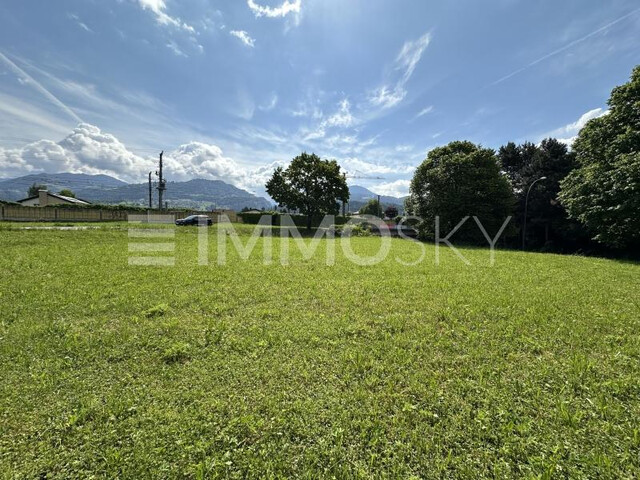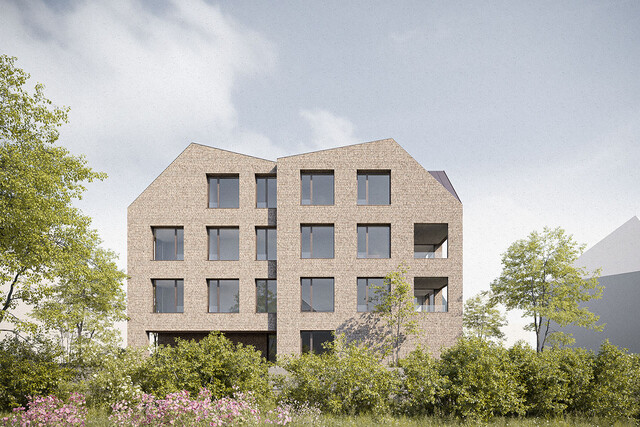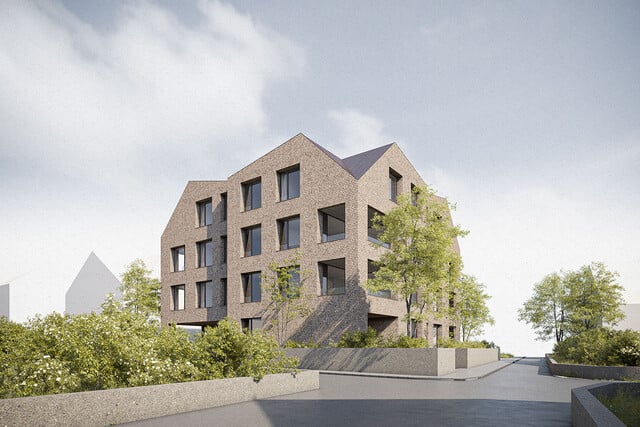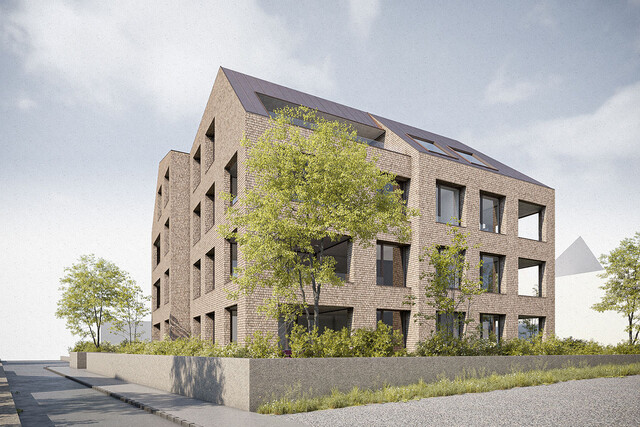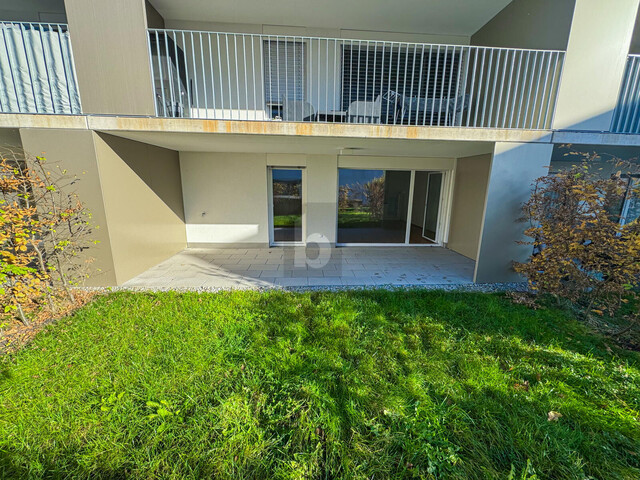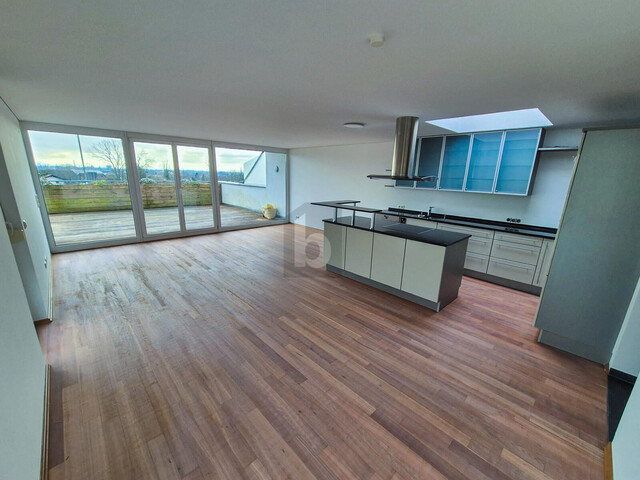From Language Support to Family Reunification: How the Refugee Movement Has Shaped Austria's Schools

The refugee movement from Syria brought thousands of additional students into the country in a short period starting in 2015. In response, German language support was expanded, and mobile intercultural teams were intended to support schools in integration. From 2023, the strong family reunification posed further challenges, especially for Vienna's schools. The government even used the threat of school overload as an argument for pausing family reunifications.
Transitional Courses and Language Support Courses in the First Phase
From 2016 to 2018, additional funds were initially provided to schools from special budgets. German language support initially continued in "language support courses" parallel to regular classes. From autumn 2016, there were also separate "language start groups" across school levels, schools, or types of schools. Language support was also extended to upper secondary academic schools (AHS), vocational middle and higher schools (BMHS), and vocational schools. To enable young refugees with limited German skills to enter a vocational school, apprenticeship, or later also AHS, so-called transitional courses were created.
Unclear How Many Students Actually Joined Due to the Refugee Wave
According to a report by the Court of Audit in 2019, the support measures did not run smoothly at the time. The auditors could not determine the definitive number of students who had come to Austria with the refugee movement from 2015. The Ministry of Education initially assumed 5,000 children and adolescents at the beginning of the 2015/16 school year, but by summer 2016, it was over 14,000.
Success and Method of Language Support in Austria Controversial
Moreover, more than a fifth of the teaching staff in language support had no relevant training. In school social work, intercultural teams, and accompanying pedagogical integration measures, not all positions could be filled at the time, so part of the special funds could not be utilized.
Additionally, there were initially no standardized tests to decide on the assignment of students to language support or to assess their progress. In 2018/19, the system was completely switched to the current system of German support classes or groups, where students are taught for up to two years with up to 20 hours per week in their own German support classes or six hours in support courses. They only spend subjects like crafts, music, or physical education with their regular class. The results of an evaluation of language support were not awaited for this - contrary to what was originally announced, criticized the Court of Audit.
Schools Demand More Autonomy
The new model has been criticized up to today. The schools want to decide for themselves whether to offer German support in separate groups, according to the tenor of an evaluation study published in 2022. Currently, separate classes or groups are mandatory at locations with eight affected students. Education Minister Christoph Wiederkehr (NEOS) wants to give schools more autonomy in this regard in the future, and a revision of the much-criticized MIKA-D placement test is also announced in the government program.
Improvements have already been made regarding the duration of German support. For a long time, students could be classified as extraordinary students for a maximum of two years and be specifically supported in learning the language of instruction in a German support class or course. Since autumn 2022, this has also been possible in primary schools beyond that period.
Family Reunification Strained Mainly Vienna's Schools
Especially in Vienna, family reunification from Syria starting in early 2023 put schools under pressure once again. For a year and a half, 300 children arrived at Vienna's schools every month. Recently, in the federal capital, a third of the nearly 20,000 compulsory students in extraordinary status had Arabic as their first language.
The majority of children who immigrated through family reunification, according to the city, had previously lived for years in refugee camps in Turkey or Lebanon and had no prior experience with kindergarten or school. By spring 2024, the then Education City Councilor Wiederkehr had therefore set up special orientation classes for this group, where they are taught initial German skills and basic competencies for school attendance for up to six months. At that time, additional excitement was caused by the need to set up mobile classes at existing school locations due to the many additional children.
Since early July, a stop to family reunification has been in effect in Austria, and applications from relatives of asylum seekers and those with subsidiary protection are not being processed for half a year. This was justified to the EU Commission by stating that the school system, in particular, needed to be protected from further overload. Even before that, family reunification had effectively come to a halt; in May, there were only 74 entries under this title. Regardless of the current pause in family reunification, Wiederkehr, in his new role as Education Minister, is rolling out the orientation classes nationwide from autumn. After all, the issue affects all urban areas in the country.
(APA/Red)
This article has been automatically translated, read the original article here.
Du hast einen Hinweis für uns? Oder einen Insider-Tipp, was bei dir in der Gegend gerade passiert? Dann melde dich bei uns, damit wir darüber berichten können.
Wir gehen allen Hinweisen nach, die wir erhalten. Und damit wir schon einen Vorgeschmack und einen guten Überblick bekommen, freuen wir uns über Fotos, Videos oder Texte. Einfach das Formular unten ausfüllen und schon landet dein Tipp bei uns in der Redaktion.
Alternativ kannst du uns direkt über WhatsApp kontaktieren: Zum WhatsApp Chat
Herzlichen Dank für deine Zusendung.


